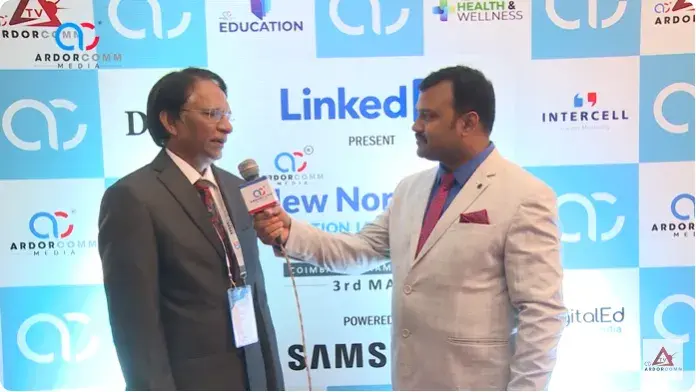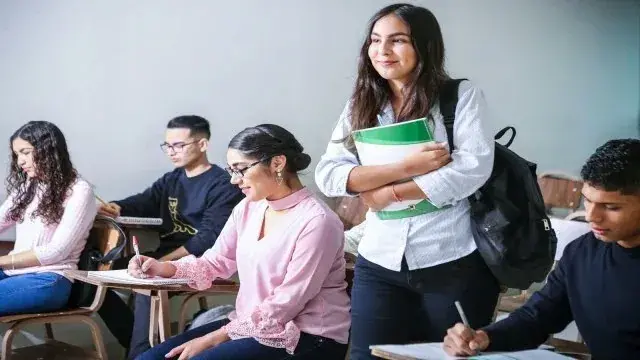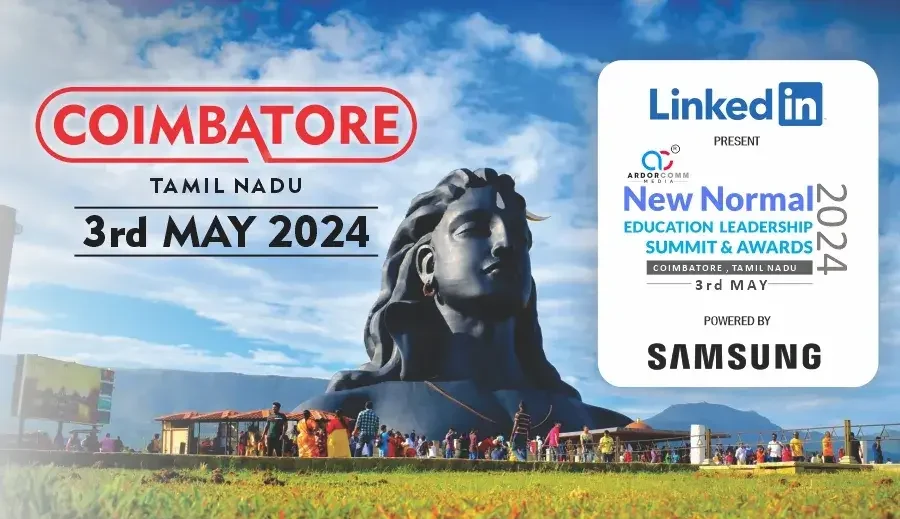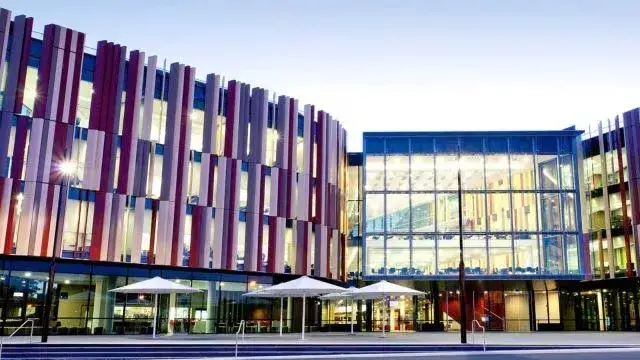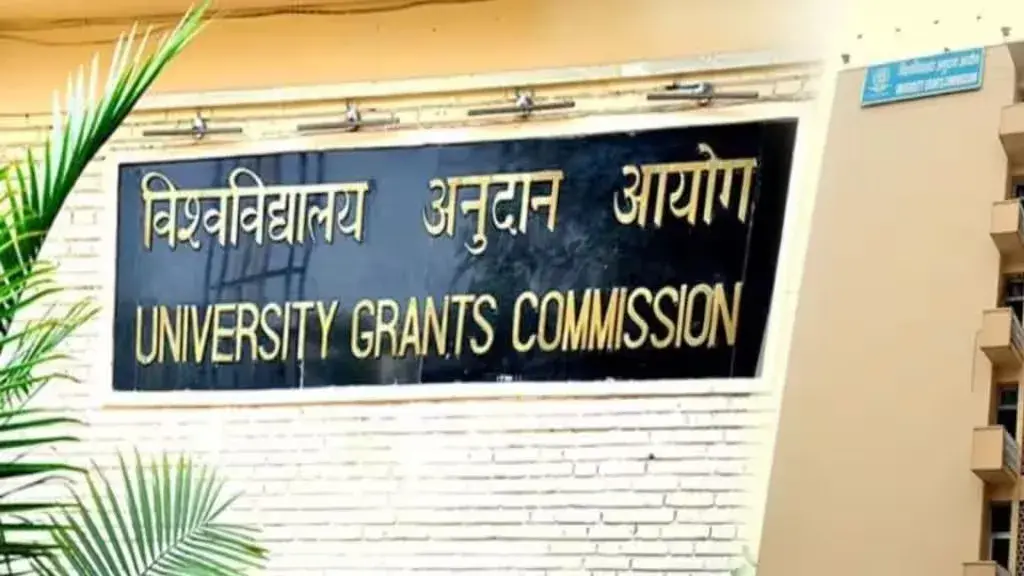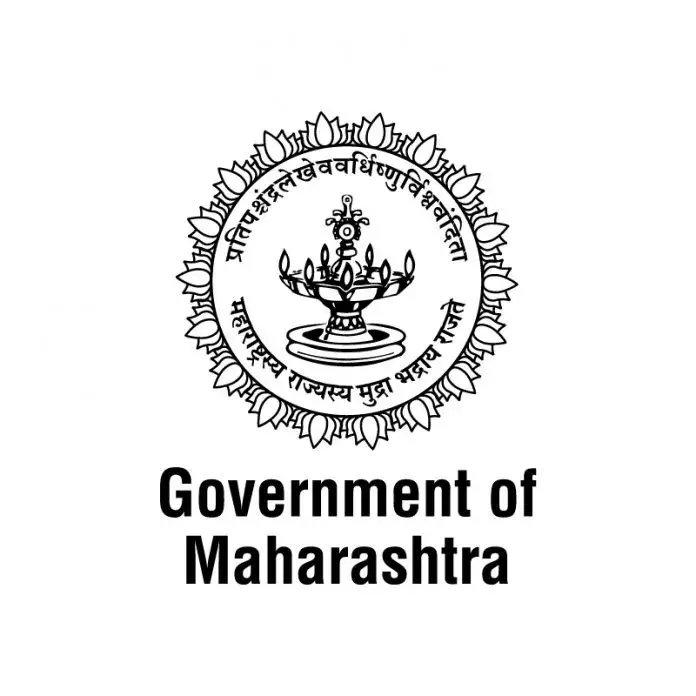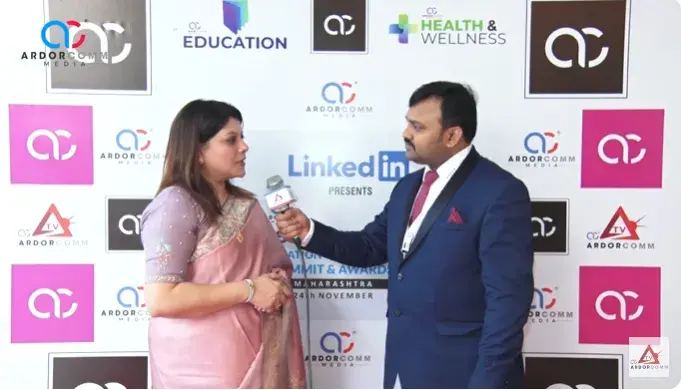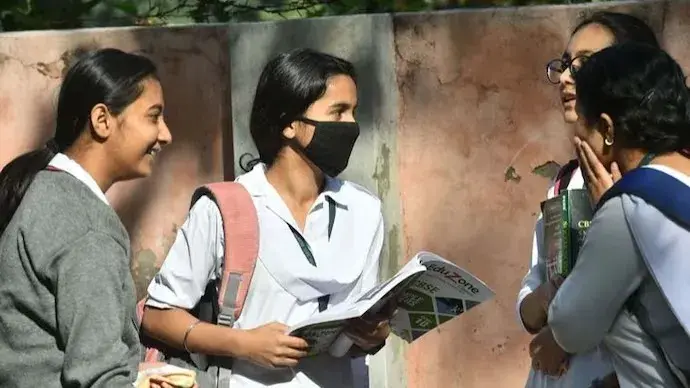Dr. T. V. Christy, Vice Chancellor, Ponnaiyah Ramajayam Institute of Sc. & Tech. Vallam talked about four pillars of the New Education Policy (NEP)
“The New Normal is about being student-centric. Education should focus on where graduates go after graduation, anticipating their future needs. ” said Dr. T. V. Christy Could you tell us more about your group of institutions? I am from The Ponnaiyah Ramajayam Institute of Science and Technology, famously known as PRIST deemed to be University, recognized by the University Grants Commission. It is located in Thanjavur, and we run programs in various disciplines, including engineering, arts and science, agriculture, pharmacy, and law. When we talk about sustainability in education, what special initiatives have been taken by your institution? We have empowered our students by first making them aware of the 17 Sustainable Development Goals (SDGs). We conduct various sessions to ensure that our students and faculty members understand the importance and significance of these SDGs. Our management is very particular about integrating these goals into our educational practices. Regarding education policy implementations, what initiatives or developments have you undertaken? The four pillars of the New Education Policy (NEP) can be summarized as AE AQ: Accessibility, Equity, Accountability, and Quality. We ensure that these principles form the basis of our NEP implementation in our campuses. If the first three (Accessibility, Equity, Accountability) are in place, Quality naturally follows. What are the leading roles of your institution in terms of the incubation center and industry engagement? One of our best practices is ensuring that every faculty member is in touch with a minimum of two industries. For example, in a department with 15 faculty members, we have connections with 30 industries. Faculty members develop relationships with industry professionals, bring them to address students, and ultimately establish memorandums of understanding. This approach brings industry-oriented skills meaningfully into our university. What does the term ‘New Normal’ mean to you in the context of education? The New Normal is about being student-centric. Education should focus on where graduates go after graduation, anticipating their future needs. The goal is to foresee the skills and knowledge they will require three to four years after graduating and adapt our educational practices accordingly. This forward-thinking approach is what I consider the New Normal. How do forums like this, which bring together representatives from schools, higher education, skill education, technical education, and tech companies, benefit the society at large? I’m really touched by the name “ARCOM.” It stands for Community, Aspiration, Reimagination, Digitalization, Opportunity, and Readiness. These are exactly what we need in today’s educational scenario. Such forums motivate students and ensure they serve the community. Bringing industry leaders and educational leaders together provides a platform for sharing best practices and learning from each other. It’s an excellent initiative that should continue. Any message for ArdorComm Media Group? Continue your efforts and gather feedback from participants. Learn from any challenges or difficulties faced in conducting this program and strive to improve in future events. Bringing together industry and educational institutions on one platform is a mammoth task, and you are doing an exceptional job. Congratulations! Any final thoughts? Thank you so much for inviting me to this forum. It was a pleasure and honor to participate. Your efforts in connecting different stakeholders in education are commendable. Thank you.

